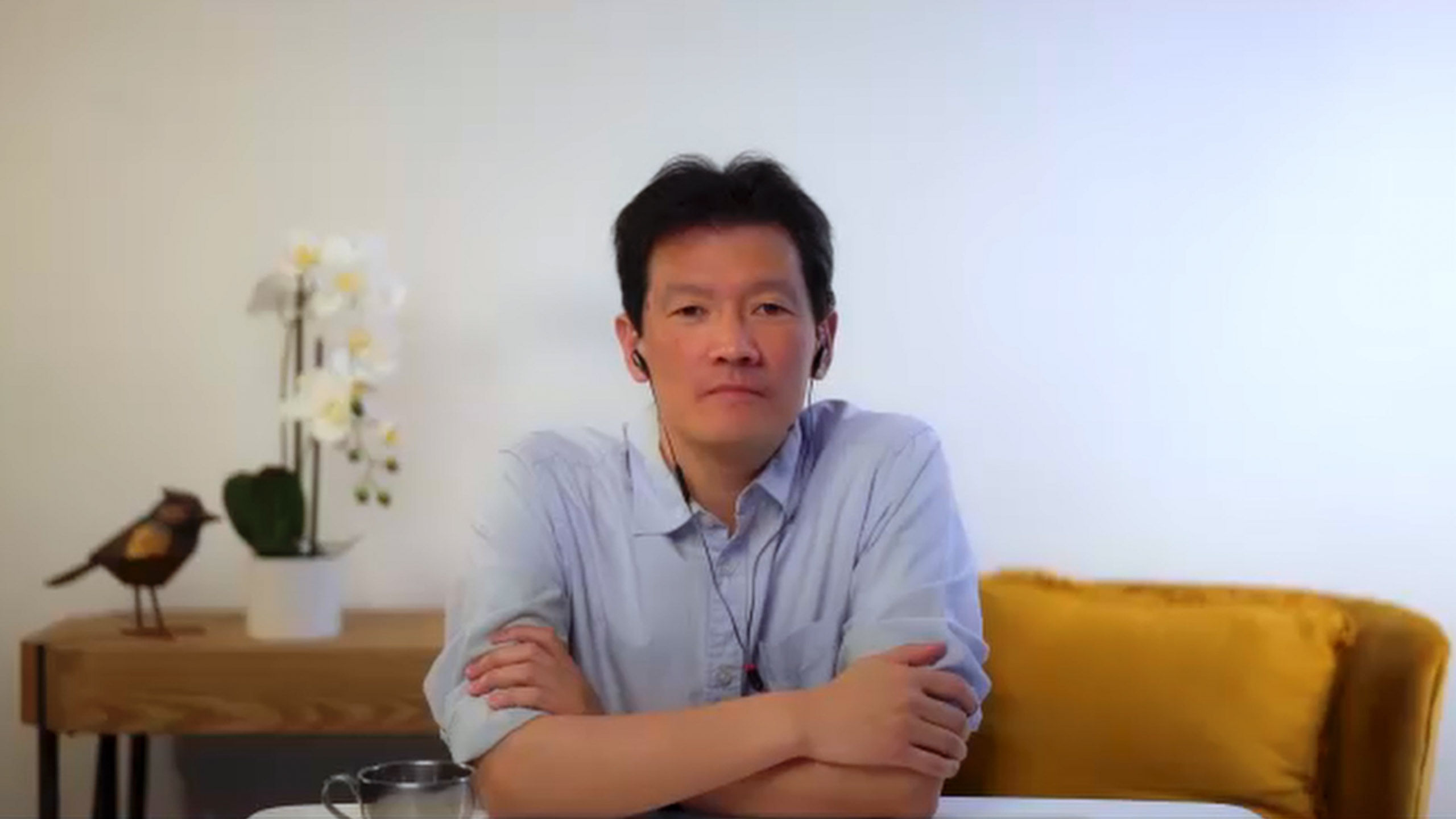
Preparation & Creativity
Former Director of Getting Shit Done at Shopify
inpractise.com/articles/shopify-prep-creativity
Why is this interview interesting?
- How limiting preparation time can drive better decision making
Adrian Cho
Former Director of Getting Shit Done at Shopify
Interview Transcript
Adrian, could you share your experience in jazz and your role as the artistic director in the Ottawa orchestra?
I’ve been a musician for a very long time, for many decades. Obviously, running something like that orchestra, there is a love of music there and wanting to entertain and so on. But I think the thing that might be of particular interest to your audience is that one of the reasons that I founded that group and I’ve run it for 15 years, and still run it today, is that it’s actually been, almost, a social experiment. It’s really been a way for me to take a lot of the ideas that I’ve written about and that I’ve applied in workplaces, in various organizations, and tried to use the orchestra as a testing ground for those kind of things.
I think one of the things that is most important there is just the way in which we collaborate. Most music ensembles, for example, typically rehearse on a regular basis. They might rehearse every week, every month or whatever it might be. We don’t do that. We do have a season of concerts that we do each year and perhaps some other performances too. But what we generally do is, when we have something that’s coming up, I schedule a couple of rehearsals, just before that show and we come together and we rehearse it and then we perform it. One of the things that we do is, we set a pretty high bar and people come prepared. They give their best, individually, but then also as a group, we have to come together. The technical challenges of the music are often pretty high and the music is often quite difficult. We set the bar pretty high and everyone rises to that. They way that we actually engage with each other, at the rehearsals, in order to figure out how we make it into a great performance, even given limited rehearsal and preparation time, that’s really the interesting part.
The other thing that is interesting is that, on stage, even though I’m the leader of the group, a lot of the people who are in the group, who have played in the group, over the years, have worked out that we try to foster a very collaborative environment on stage, as well. That’s something that the audience also sees. They see that collaboration going on and the way that we interact with one another and they find that fascinating too. That adds to the performance.
Do you think that limiting that preparation time actually drives more collaboration and more creativity?
Yes, I think it does. I think there are two important things. One is that being forced to make a decision, to make something just good enough, especially when we are talking about things that are artistic or creative, on the one extreme, is that it’s technically perfect. Every I is dotted and every T is crossed and it’s technically perfect, but it’s totally devoid of any passion and any creativity. The other side of it is that you have total chaos and it’s totally unprepared and people are really feeling the passion but it’s a bit of a mess. Trying to find that balance is a really interesting thing.
Often, we will be rehearsing and we’ll say, okay, this is good enough, where we’ve got it right now. In fact, perhaps we know it’s not good enough right now, in the room, but we know that everyone will away and then when we come back for the performance, in a few days, it will be good enough. We rely on everybody raising the bar and bringing their best to the table. I think that’s definitely a big part of what we’re trying to do there.
Which also links to making decisions in businesses, where you never have 100% complete information and, therefore, you have to make decisions with incomplete information – let’s say you have 60% to 70% of it – but you make a quicker decision?
Copyright Notice
This document may not be reproduced, distributed, or transmitted in any form or by any means including resale of any part, unauthorised distribution to a third party or other electronic methods, without the prior written permission of IP 1 Ltd.
IP 1 Ltd, trading as In Practise (herein referred to as "IP") is a company registered in England and Wales and is not a registered investment advisor or broker-dealer, and is not licensed nor qualified to provide investment advice.
In Practise reserves all copyright, intellectual and other property rights in the Content. The information published in this transcript (“Content”) is for information purposes only and should not be used as the sole basis for making any investment decision. Information provided by IP is to be used as an educational tool and nothing in this Content shall be construed as an offer, recommendation or solicitation regarding any financial product, service or management of investments or securities.
© 2026 IP 1 Ltd. All rights reserved.


